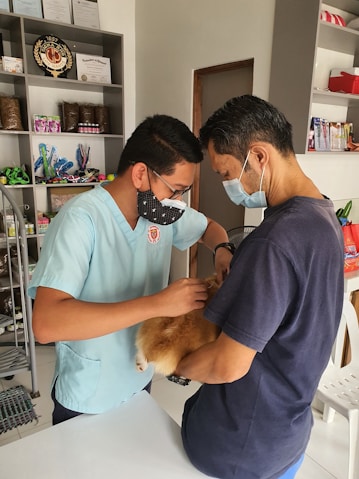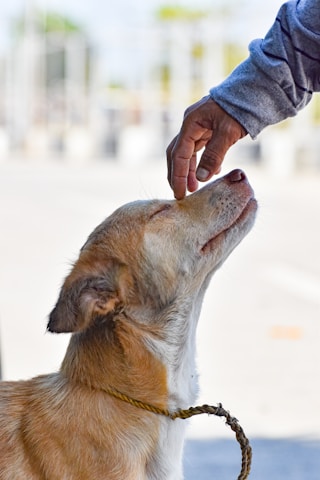Emergency Signs in Dogs and Cats

Even healthy-looking pets can suffer from internal health issues that go unnoticed until they become serious. As a responsible pet owner, it’s important to recognize common illnesses in dogs and cats — and know the warning signs that need urgent veterinary care.
🐾 Common Illnesses in Dogs and Cats
1. Vomiting and Diarrhea
These are some of the most frequent signs of illness in both cats and dogs. While it might be due to something minor like a change in food, it could also indicate:
- Parasites
- Infections
- Pancreatitis
- Food allergies
- Toxin ingestion
If vomiting or diarrhea continues for more than 24 hours or is accompanied by blood, weakness, or refusal to eat — see a vet immediately.
2. Urinary Tract Infections (UTIs)
Cats, especially males, are prone to urinary issues, which can become life-threatening if untreated. Signs include:
- Straining to urinate
- Blood in urine
- Frequent trips to the litter box or bathroom spot
- Crying while urinating
Dogs can also develop UTIs, especially older females. These require antibiotics and possibly diet changes.
3. Skin Allergies and Infections
Excessive scratching, redness, hair loss, or skin bumps can be signs of:
- Fleas or ticks
- Food allergies
- Bacterial or fungal infections
Early treatment can prevent painful skin damage or infections from spreading.
4. Dental Disease
Bad breath, drooling, difficulty chewing, and gum swelling can point to dental problems. Left untreated, they can lead to infections in the heart and kidneys.
5. Ear Infections
More common in dogs with floppy ears (like Cocker Spaniels), signs include:
- Head shaking
- Foul-smelling discharge
- Redness inside the ear
These should be treated with medicated drops prescribed by a vet.
🚨 Emergency Signs You Should Never Ignore
- Difficulty breathing
- Seizures
- Sudden collapse or unresponsiveness
- Swollen or bloated abdomen
- Uncontrolled bleeding
- High or very low body temperature
- Refusal to eat or drink for more than 24 hours
- Crying in pain or excessive panting
- Poison ingestion (chocolate, onions, medicines, etc.)
These symptoms could be signs of serious conditions like organ failure, internal bleeding, or poisoning — all of which require immediate medical attention.
🩺 What to Do in an Emergency
- Stay calm and act quickly
- Call your vet or nearest animal hospital
- Provide as much information as possible about the symptoms
- Avoid giving human medicine, as it can be harmful
✅ Final Tip
The best way to protect your dog or cat is to know what’s normal and what’s not. Watch for changes in behavior, appetite, energy levels, or bathroom habits. The sooner you act, the better your pet’s chances of recovery.



